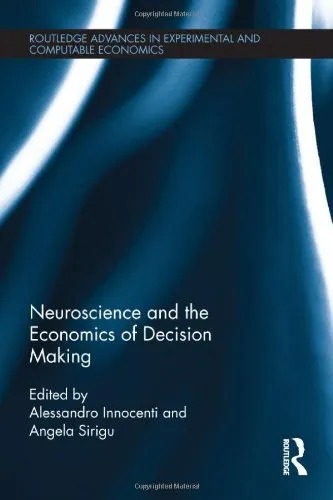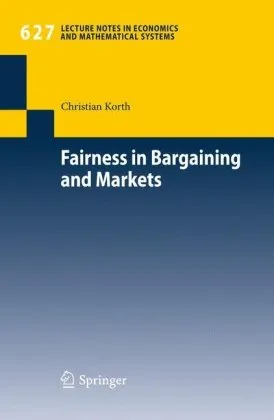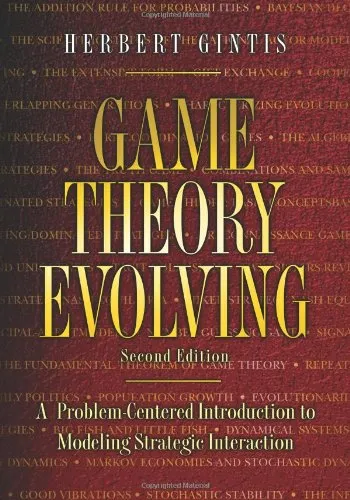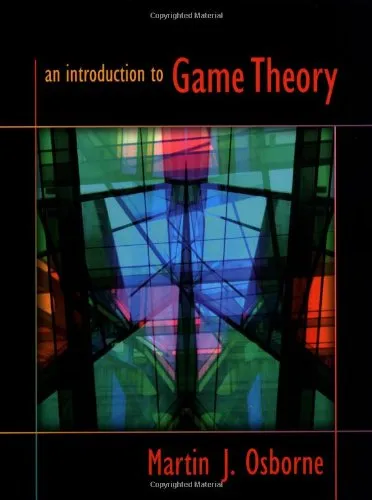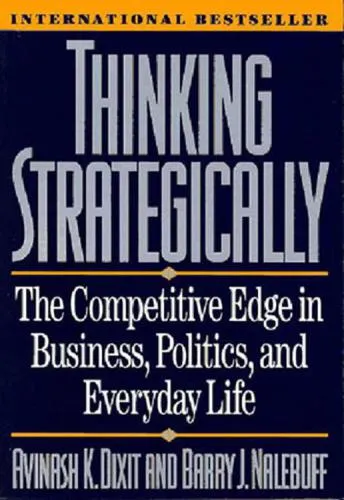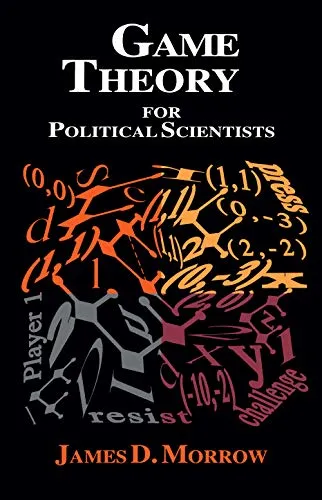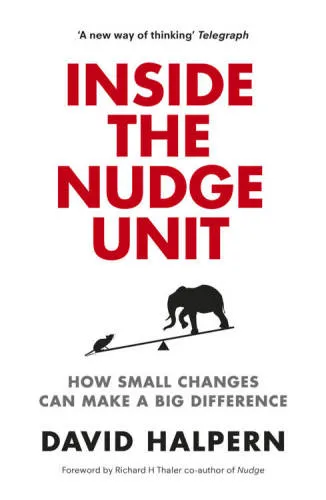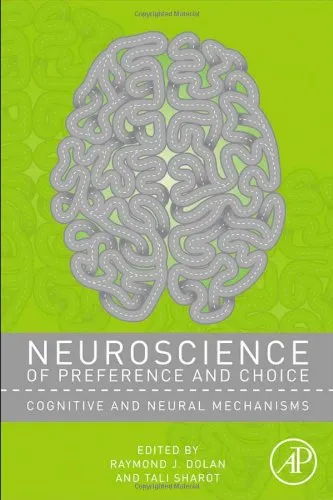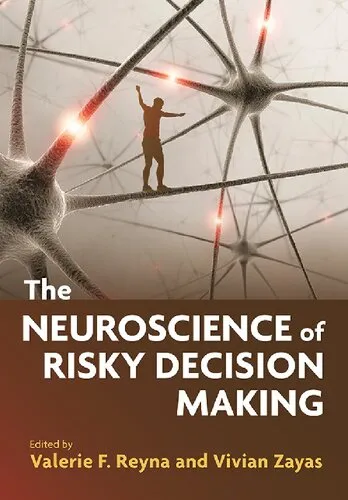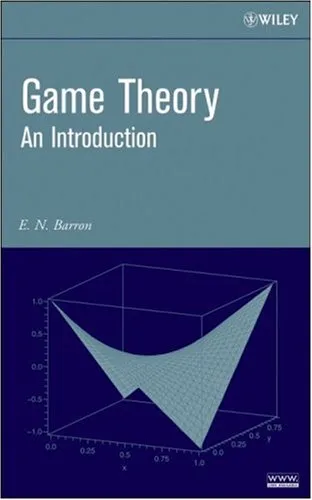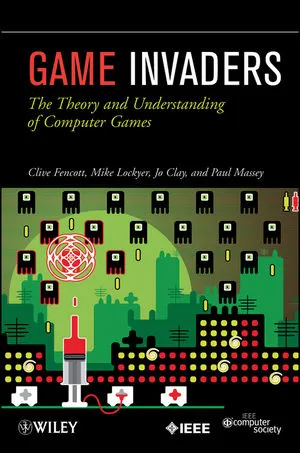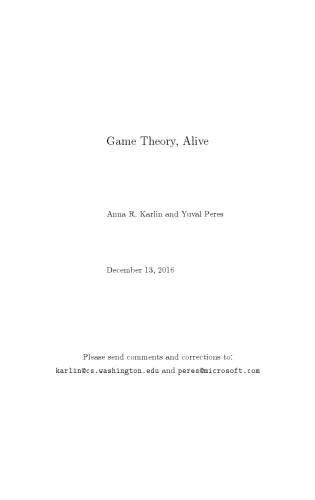Neuroscience and the economics of decision making
3.9
Reviews from our users

You Can Ask your questions from this book's AI after Login
Each download or ask from book AI costs 2 points. To earn more free points, please visit the Points Guide Page and complete some valuable actions.Related Refrences:
Introduction to "Neuroscience and the Economics of Decision Making"
"Neuroscience and the Economics of Decision Making" offers a groundbreaking exploration into the intersection of two pivotal fields: neuroscience and behavioral economics. Authored by Alessandro Innocenti and Angela Sirigu, this book delves into the neural mechanisms that drive human decision-making while shedding light on how cognitive and emotional factors influence our economic behaviors. With a focus on integrating complex scientific concepts, this book is equally valuable to seasoned researchers, interdisciplinary scholars, and curious readers seeking insights into the forces shaping human choices.
The authors meticulously map the convergence of neural processes and economic theory, presenting a pioneering account of how the brain's functionality can explain economic decision-making phenomena like risk-taking, impulsivity, and social cooperation. This contribution is vital in an age where behavioral patterns are increasingly pertinent to policymaking, marketing strategies, and financial decision-making. With an accessible yet rich narrative, the book bridges the gap between economic theories and their underlying biological foundations.
Detailed Summary
Across its chapters, "Neuroscience and the Economics of Decision Making" merges theoretical frameworks with cutting-edge research. The authors begin by reviewing foundational concepts in decision science, providing a comprehensive overview of classical and behavioral economics. They argue how traditional economic models fail to fully encapsulate human irrationality. Moving into neuroscience, the book introduces brain regions critical to decision-making, such as the prefrontal cortex, amygdala, and other neural networks.
Further, the book explores real-world scenarios where neuroscience elucidates economic behavior. Topics like financial risk assessment, addiction, and altruism are analyzed through neural and behavioral lenses. The authors use empirical studies to emphasize how emotions, memory, and environmental cues shape both simple and complex financial decisions. Moreover, the book examines how social influences such as trust, reciprocity, and fairness are embedded within the neural substrates of decision-making, providing a holistic view of economics rooted in brain science.
Key Takeaways
- Neuroscience plays a fundamental role in understanding the cognitive and emotional processes that underpin decision-making.
- Behavioral economic models benefit significantly from integrating neural insights, particularly when explaining deviations from rationality.
- Risk-taking, social preferences, and impulsive behaviors are deeply connected to brain activity, making them crucial for constructing robust economic theories.
- Understanding human decision-making at a neural level has profound implications for public policy, corporate strategy, and healthcare systems.
- The book argues for the necessity of interdisciplinary approaches in advancing both neuroscience and economics as fields of study.
Famous Quotes from the Book
"The brain is not just a calculator of utility; it is an intricate network shaped by experience, emotion, and social context, making every decision a blend of biology and environment."
"Economic models must move beyond simplistic rationality to embrace neural insights, for it is within the mind that true decision-making complexity resides."
"From the allure of rewards to the fear of loss, every financial choice we make involves an unseen dance between our brain's cognitive and emotional centers."
Why This Book Matters
"Neuroscience and the Economics of Decision Making" is a vital contribution to the growing discourse on the intersection of brain science and human behavior. The book addresses a unique gap in understanding how neural mechanisms inform real-life economic choices, making it an invaluable resource for both theoretical exploration and practical applications. For policymakers, understanding the neural basis of decision-making could offer more targeted and effective interventions. For financial experts, the insights into neural processes can significantly enhance market predictions and customer behavior analysis.
Beyond academia and professional circles, this book holds relevance for anyone curious about the profound mechanisms driving their own decisions, from daily choices to life-altering financial commitments. By emphasizing the importance of interdisciplinary approaches, the authors pave the way for a richer, more informed understanding of economics as an inherently human science.
In an era defined by uncertainty and complexity, "Neuroscience and the Economics of Decision Making" equips readers with the tools to better navigate the intricate web of human choice and behavior.
Free Direct Download
You Can Download this book after Login
Accessing books through legal platforms and public libraries not only supports the rights of authors and publishers but also contributes to the sustainability of reading culture. Before downloading, please take a moment to consider these options.
Find this book on other platforms:
WorldCat helps you find books in libraries worldwide.
See ratings, reviews, and discussions on Goodreads.
Find and buy rare or used books on AbeBooks.
1517
بازدید3.9
امتیاز0
نظر98%
رضایتReviews:
3.9
Based on 0 users review
Questions & Answers
Ask questions about this book or help others by answering
No questions yet. Be the first to ask!
